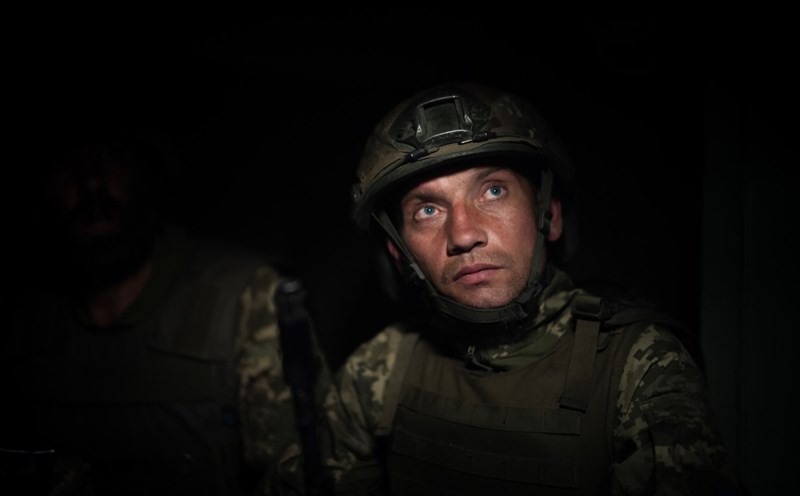Speaking during an un announcement visit to Kiev, Klingbeil noted that Russian President Vladimir Putin should not think that Germanys support for Ukraine could collapse.
According to Mr. Klingbeil, Germany plans to provide 9 billion euros ($10.5 billion) per year from the federal budget in 2025 and 2026 to support Ukraine.
The leader of the Social Democratic Party (SPD) - a small partner in Prime Minister Friedrich Merz's conservative coalition - said that Kiev can still "continue to trust" in Berlin, while reaffirming Germany as "the second largest supporter for Ukraine in the world and the largest in Europe".
The Deputy Prime Minister affirmed that Ukraine has the right to participate in any negotiations related to the search for a peaceful solution for this country.
Although he did not directly answer the question of whether Germany would send troops to Ukraine when the conflict ended, Mr. Klingbeil still emphasized the importance of allies needing solidarity to provide security guarantees for Kiev, including "peacekeeping forces".
"To achieve this goal, we are coordinating closely on the international stage," said Mr. Klingbeil.
These statements by Mr. Klingbeil came in the context that German Chancellor Friedrich Merz also expressed his openness to the military deployment initiative in Ukraine initiated by the UK and France in March and has just been revived.
However, the plan has also been met with criticism from many senior German officials.
Mr. Marcel dirsus - an expert at the Kiel Institute for Security Policy - warned that this would harm Berlin's political resources, while Foreign Minister Johann Wadephul said that sending troops to Ukraine could be beyond Germany's capabilities.
Even the leader of the rallying extreme right-wing Party for Germany (AfD) - Ms. Alice Weidel took this opportunity to criticize Mr. Merz's Christian Democratic Union and the Christian Social Union (CDU/CSU) to boost her confidence.
For its part, Moscow has not only rejected Europe's above intention but has warned that this will make the conflict in Ukraine uncontrollable and have many serious consequences, including a direct war between NATO and Russia.
Not only that, the Russian side also emphasized that Europe's continued military aid to Ukraine not only does not change the outcome but also prolongs the war in Eastern Europe.











